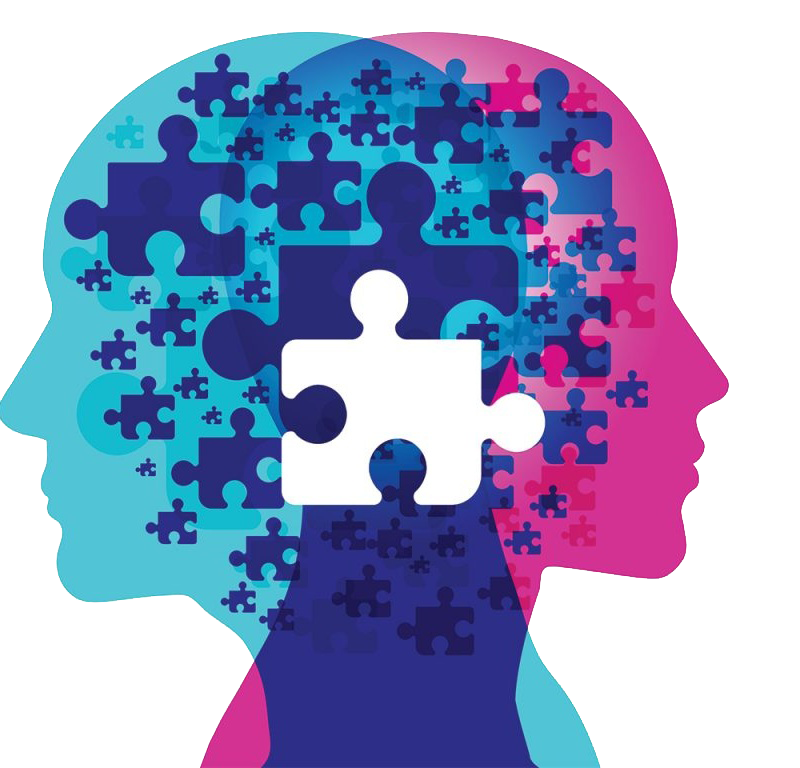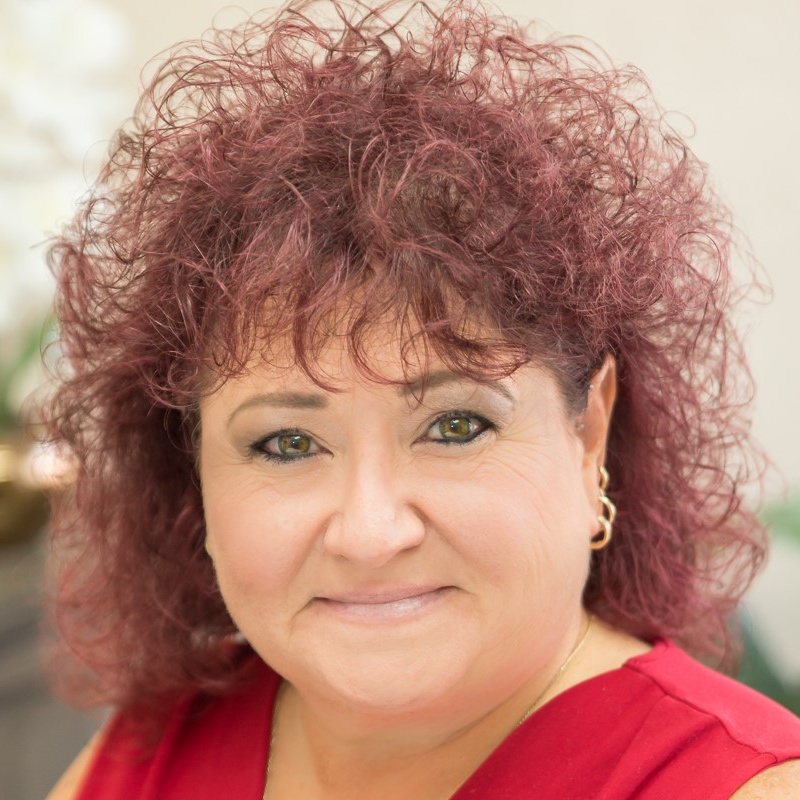
Trauma-focused Cognitive Behavioral Therapy
Trauma-focused cognitive behavioral therapy (TF-CBT) is evidence-based psychotherapy or counseling that focuses on the needs of children and adolescents with post-traumatic stress disorder (PTSD) and other difficulties related to traumatic life events. The process of addressing the details of children’s traumatic experiences is gradual and phase based. The goal of TF-CBT is to provide a treatment to both the child and the non-offending caregiver and help them to identify and cope with emotions, thoughts, and behaviors in order to return to a state of balance and regain trust. TF-CBT includes individual sessions for both the child and the parents, as well as parent-child joint sessions. TF-CBT has been proven to effectively reduce symptoms of PTSD, depression, anxiety, externalizing behaviors, sexualized behaviors, and feelings of shame in traumatized children. TF-CBT has been shown to improve positive parenting skills and support of the child through the enhancement of parent-child communication.















